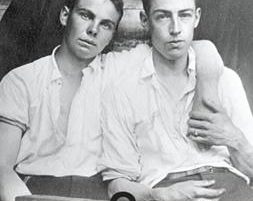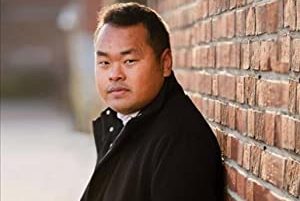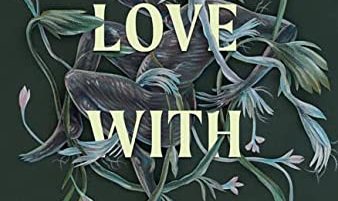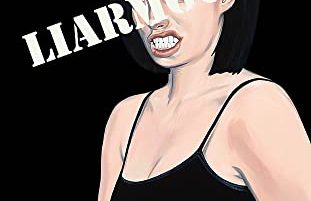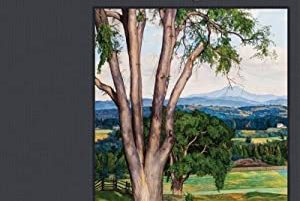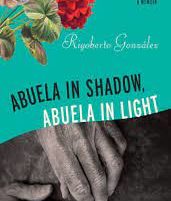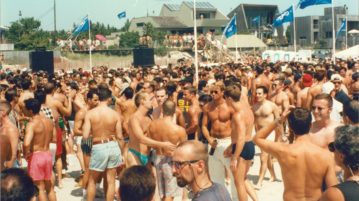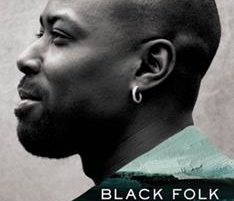
From Chinquapin to NYC and Back
The impact of the writer’s early years is echoed throughout the last two parts of Black Folk Could Fly. The lens is broadened to include perspectives from the writer’s stint working in a publishing firm in New York and his travels around the U.S. in search of what it means to be Black.
More


